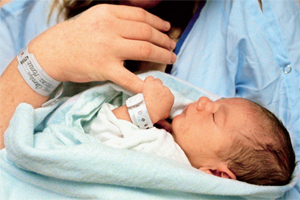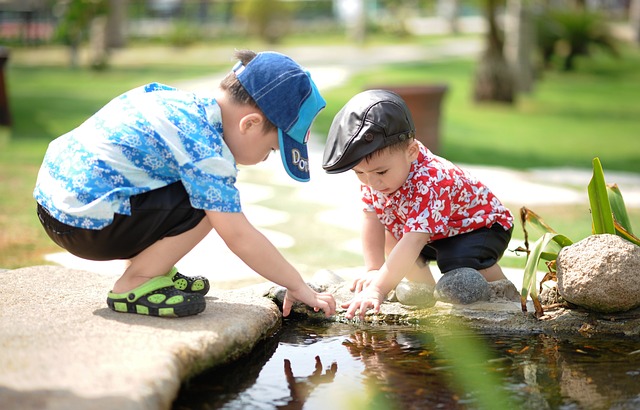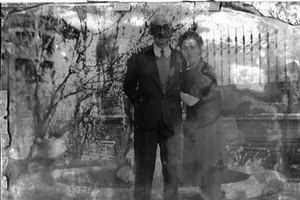During this irreversible and permanent evolution of change, our body goes through stages of growth, maturation and degeneration of our different organs and tissues. This goes on from the womb till death, which is 70 years of life on average.
Newborn (neonate)
This stage spans from birth until a baby is 28 days old. Newborns need lots of care while they adapt the way their organs and systems work in a new environment all on their own. They have to learn to breathe and to automatically handle increasing pulmonary blood flow and increasing pressure in the left chamber of the heart. Likewise, gradually, their kidneys begin excretion duties and the digestive apparatus gets ready for proper nutrient absorption, a process in which breast milk is their only basic food.
Toddler
Also referred to as the first stage of childhood, this stage lasts until the child is two years old. The baby communicates through babbling, gestures and simple words, and at the age of one, they can stand up. In addition, during this period the baby can sit, crawl and curiously explore the world around them, which aids muscular and neuronal growth. 70% of brain maturity is reached as a toddler. During this period, the child triples their birth weight and becomes twice as tall.
Childhood
During this stage, which stretches up to adolescence, the child learns to speak, read and understand concepts. Later on, this is essential in order to live as independent people. Motor skills are also honed and the disposal of waste can be controlled thanks to control over the muscles of the bladder and the muscles involved in defecation. Between the ages of three and five, boys and girls grow around six to eight centimeters a year. After that, they grow six inches a year until puberty. At the age of nine, they have already reached three fourths of their total height. This is thanks to the action of somatotropin hormones.








